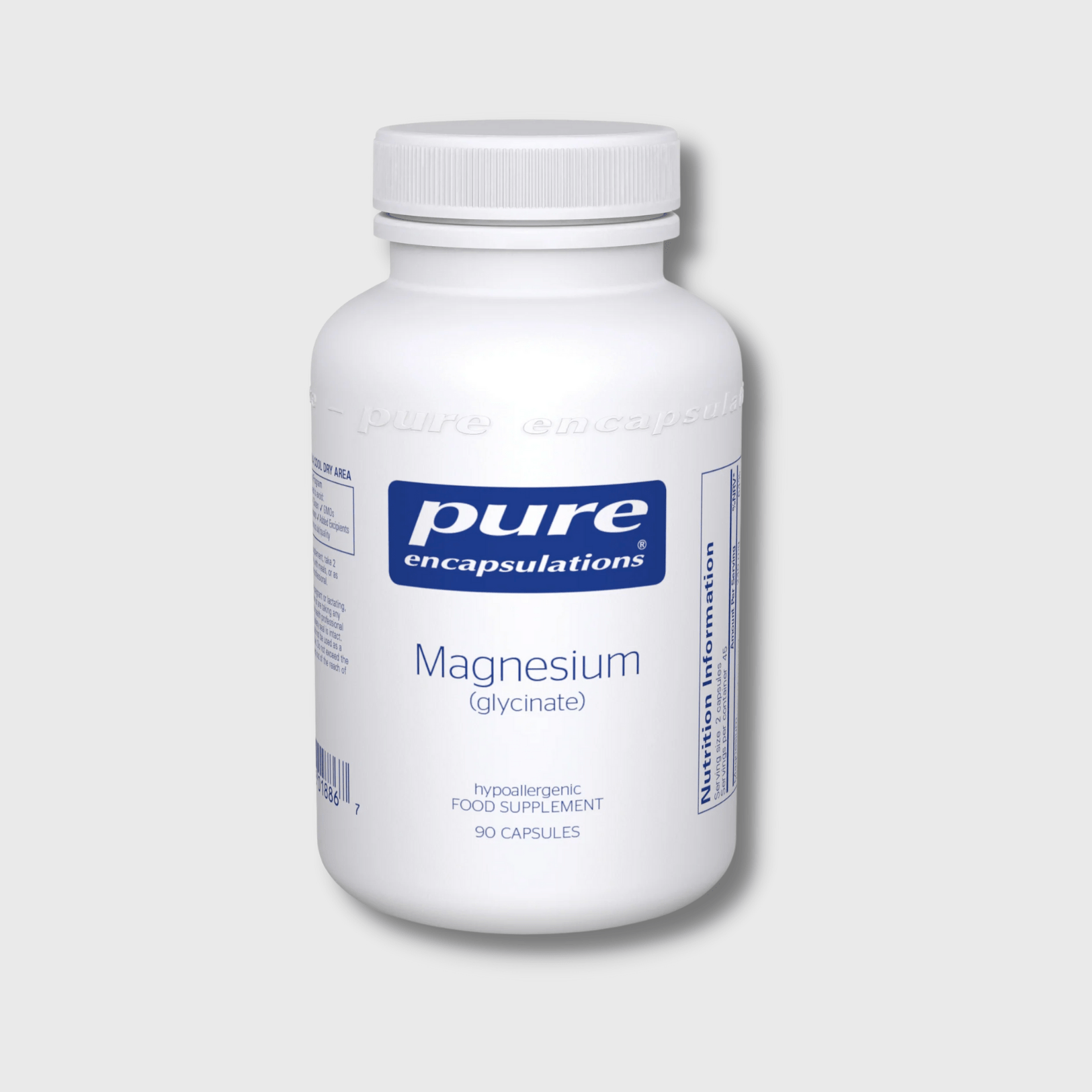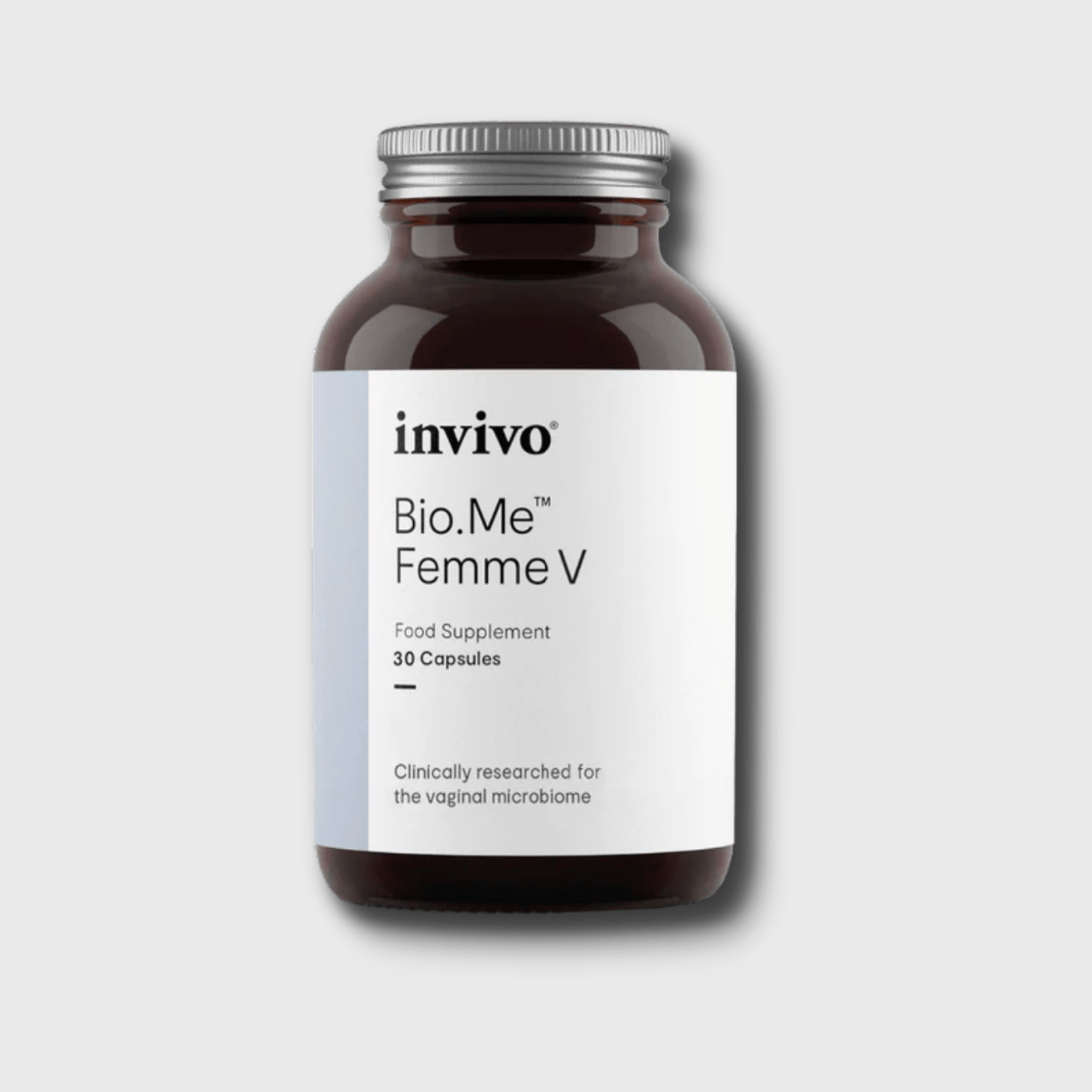Despite the best marketing efforts of a huge drinks company, energy is not something you can buy in a can. Energy is actually something that your body makes. You supply the raw ingredients (aka food) and your body quickly gets to work on the complicated process of making energy. Since your body needs energy for lots of everyday functions, not just to move, but to digest food, even to think and much more, it’s crucial that this process is well supported and that’s where a bit of know-how comes in handy. Your body needs extra help from key nutrients found in energy supplements to turn food into energy, and without these, the whole process simply does not work.
1) Vitamin B1 (Thiamin)
Most of your body’s cells prefer to use carbohydrates as a main energy fuel, however you need a steady supply of vitamin B1 to actually turn these foods into energy1. An athlete eating a high carbohydrate diet will need higher amounts of vitamin B1 in their diet to access this energy.
Best food sources - Sunflower seeds, navy beans, black beans, barley, pinto beans, lentils and oats.
Best supplement form – Thiamin HCl or Thiamin Mononitrate
2) Vitamin B2 (Riboflavin)
Most of your body’s cells prefer to access energy from carbohydrates but they can use fats and protein too. Vitamin B22 helps the body to convert not just carbohydrates but fats and protein into energy too. This vitamin is particularly important for energy production in the heart and muscles.
Best food sources – Soybeans, spinach, beet greens, tempeh, natural yoghurt, eggs, asparagus, almonds, turkey and beef liver.
Best supplement form – Riboflavin
3) Vitamin B3 (Niacin)
This vitamin is needed as a co-factor in over 200 enzyme reactions in your body and is another vitamin that’s essential for turning carbohydrates, fats and protein into energy3. It is also used to build fat structures in your body such as cell membranes and hormones. If your diet is low in B3 you could be feeling tired due to your body not being able to convert food into energy properly and due to low hormone production such as thyroid hormone.
Best food sources – Tuna, chicken, turkey, salmon, lamb, beef, sardines, peanuts, shrimp, brown rice.
Best supplement form – Niacinamide (non-flushing form) or nicotinic acid (flushing form)
4) Vitamin B5 (Pantothenic acid)
Essential for the breakdown of carbohydrates, protein and fats into energy. Like vitamin B3, vitamin B5 is also involved in the production of fat structures such as hormones. Vitamin B5 is particularly important if your energy levels have dropped due to intense stress. This is because this vitamin is involved in the production of energy and stress-busting hormones.
Best food sources – Shiitake mushrooms, avocado, sweet potato, crimini mushrooms, lentils, dried peas, chicken, turkey, natural yoghurt, broccoli
Best supplement form – Calcium pantothenate
5) Vitamin B6 (Pyridoxine)
This vitamin is needed for the development of the building blocks of protein and DNA. It is a crucial vitamin needed for normal energy yielding metabolism5, as it is involved in the breakdown of glycogen stores (found in the muscle and liver) into energy. Athletes or anyone exercising regularly will need to make sure they get plenty of vitamin B6 in their diet in order to be able to access stored energy when they need it.
Best food sources – Spinach, banana, sunflower seeds, potato, sweet potato, salmon, chicken, beef, turkey, tuna.
Best supplement form – Pyridoxine HCl or pyridoxal-5-phosphate
References:1. Lonsdale D. (2006). A review of the biochemistry, metabolism and clinical benefits of thiamin(e) and its derivatives. Evidence-based complementary and alternative medicine : eCAM, 3(1), 49–59.2. NHS UK website Vitamin B3. National Institutes of Health Niacin Fact Sheet for Health Professionals.4. Stough, C., Scholey, A., Lloyd, J., Spong, J., Myers, S., & Downey, L. A. (2011). The effect of 90 day administration of a high dose vitamin B-complex on work stress. Human psychopharmacology, 26(7), 470–476.5. Huskisson E, Maggini S, Ruf M. (2007) The Role of Vitamins and Minerals in Energy Metabolism and Well-Being. Journal of International Medical Research.
Blog provided by Nutri Advanced.

























